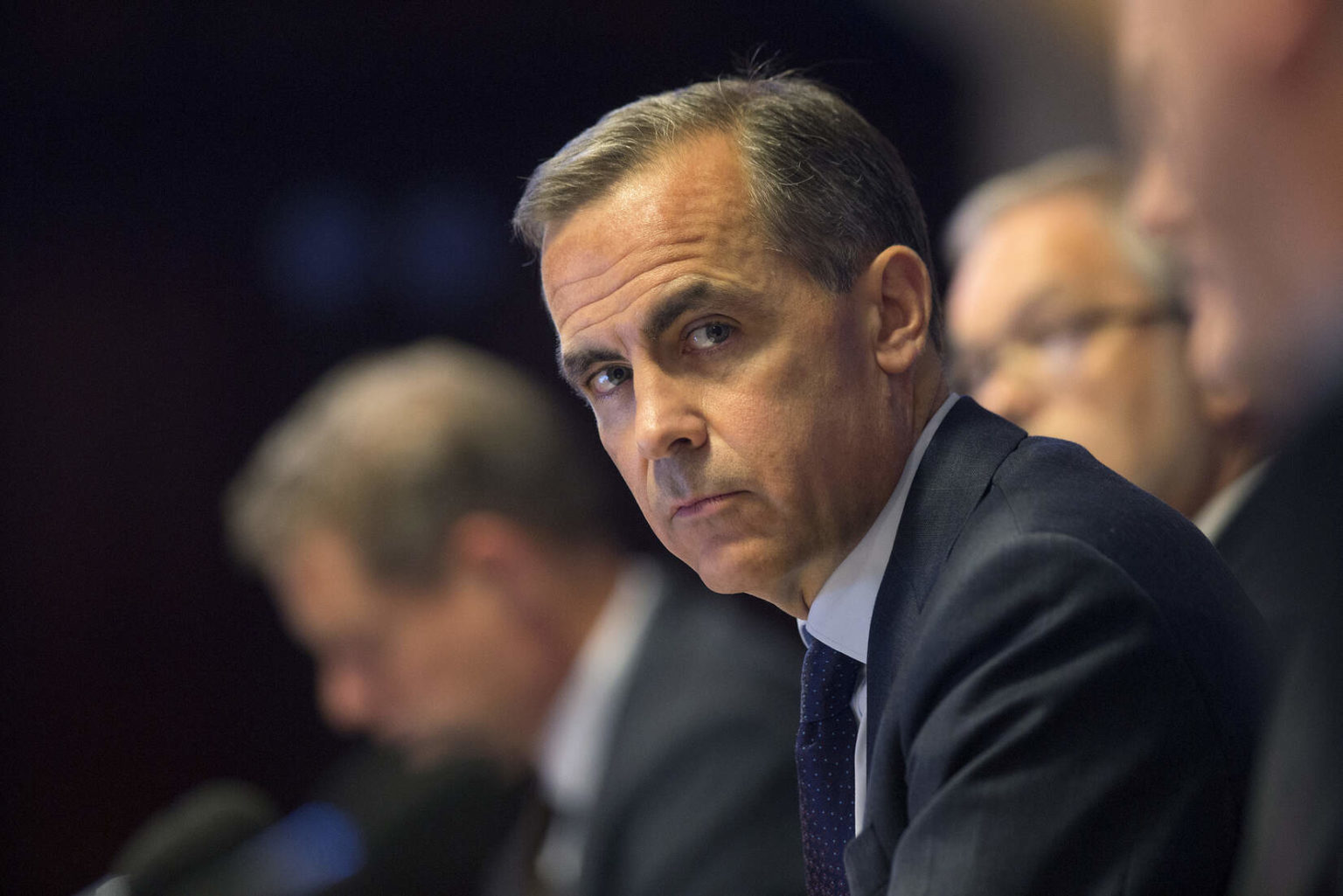Former Bank of England governor Mark Carney’s initiative to grow the voluntary carbon market has been described as “a dangerous distraction” from the urgent need for major polluters to slash carbon emissions.
His Taskforce on Scaling Voluntary Carbon Markets launched its first consultation this week, claiming the market needs to grow by a factor of more than 15 in the next decade to keep warming to the Paris Agreement target of 1.5˚C.
There has been a growing demand for voluntary credits in recent years as polluters use offsets to realise their carbon neutral commitments. The credits fund projects that will avoid, remove or reduce emissions elsewhere, for example through planting trees, greener waste disposal or cleaner cookstoves.
Like what you’re reading? Support DeSmog by becoming a patron today!
“To facilitate this global decarbonization there is a need for a large, transparent, verifiable and robust voluntary carbon market,” the document notes, adding that the scaling up of markets would have the potential “to help support financial flows to developing countries, as activities and projects in these countries can provide a cost-effective source of these carbon emission reductions.”
Yet campaigners are concerned that the group’s proposals — sponsored by the Institute for International Finance (IIF) and comprising over 50 corporations including BP, Shell, and EasyJet — could prevent companies focusing on reducing greenhouse gas emissions in the immediate future.
Doug Parr, Chief Scientist for Greenpeace UK, told DeSmog: “All too often enthusiasm for offsetting comes from a desire to largely maintain business as usual, for the convenience of corporate interests – a concern that the membership of this taskforce does nothing to allay.”
“The scope for greenwash is high, and preoccupation with offsetting could be a dangerous distraction,” he said.
“Offsetting is not an alternative to reducing carbon emissions — which is the real work we need to do to try to prevent catastrophic climate change, by cutting fossil fuel production.”
‘Cop out’
EcoSystem Marketplace, a non-profit scrutinising the voluntary carbon sector, found that corporate carbon-neutral pledges fuelled a record transaction volume of carbon credits in 2019 — with a carbon sequestration equivalent of 104 million tonnes of carbon dioxide equivalent.
A DeSmog investigation previously found fossil fuel companies unleashed a flurry of tree planting plans to help achieve their “net zero” climate commitments, with many projects linked to current or future carbon credit schemes.
Carney described the existing market as “opaque, cumbersome and fragmented” as he launched the consultation on Tuesday. His taskforce, which was established only in September, outlines a number of priorities to energise and scale up the voluntary carbon market, calling for a better and more transparent mode of meeting demand of carbon credits with supply.
Read more — Investigation: The Problem with Big Oil’s ‘Forest Fever’
But Gilles Dufrasne, a Policy Officer at Carbon Market Watch, said there were “important quality issues” that need to be resolved before the voluntary credit market grew, including setting baselines so credits don’t falsely represent reductions.
“Transparency and integrity should be the main priorities of this taskforce,” he told DeSmog. “We hope that getting more money into the market is not the sole objective, because there are important quality issues that need to be resolved first.”
“Pumping money into a non-functioning system will not benefit the climate, and we hope the taskforce will coordinate a detailed assessment of existing rules and methodologies, to exclude the ones which have been used to game the system,” he added.
Failing to convince
The taskforce report expressly states that carbon markets “must not disincentivize companies’ own emissions reduction efforts.” But such promises have not convinced campaigners who are worried about cmpanies’ over-reliance on offsetting.
Chris Lang, of environmental watchdog Redd+ Monitor, described the carbon market initiatives as a “dangerous distraction from the need to leave fossil fuels in the ground”. “The Taskforce is madness, from the perspective of addressing the climate crisis,” he told DeSmog.
“Aiming for ‘net zero’ by 2050 is a cop out. We need to reduce emissions from burning fossil fuels starting yesterday. Setting a ‘deadline’ 30 years in the future is meaningless in the face of the climate crisis.”
The taskforce has been approached for further comment.
Responding to the criticism, a spokesperson for the taskforce said:
“We all have the same goals: A more sustainable future. The Taskforce was founded based on the Paris goals to limit global warming to 2˚C or lower by reaching ‘net zero’ emissions by no later than 2050. Of course, carbon reduction is a big part of this, but the reality for hard-to-abate sectors is that they will need to offset emissions in order to achieve their decarbonisation goals.”
Main image credit: Bank of England/Flickr CC BY–ND 2.0
Subscribe to our newsletter
Stay up to date with DeSmog news and alerts






